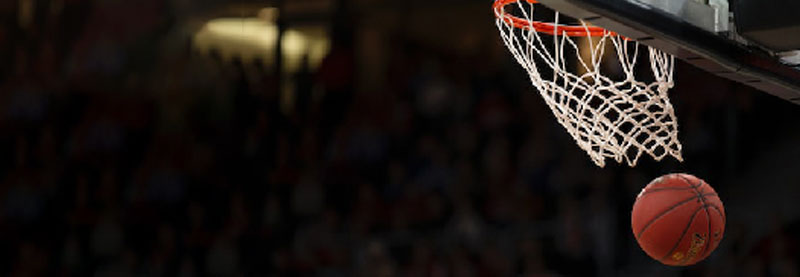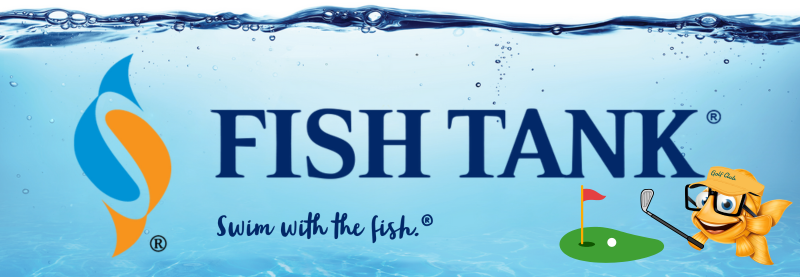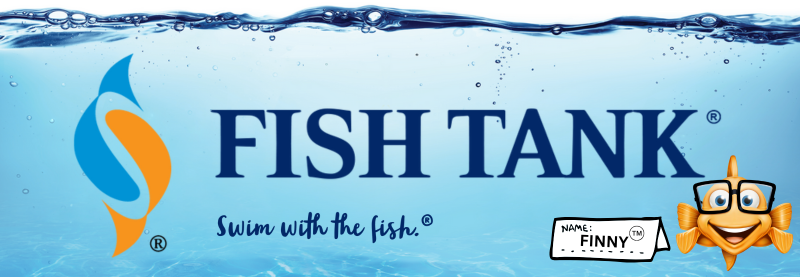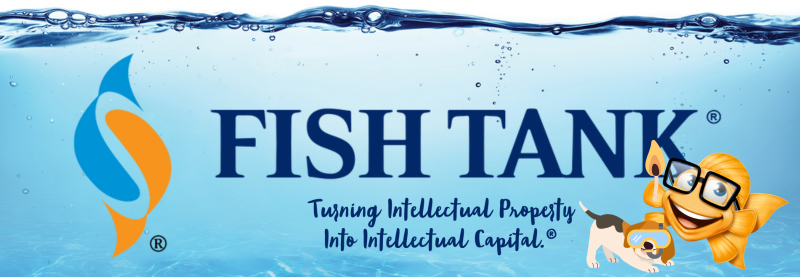Intellectual Property Insights from Fishman Stewart PLLC
Newsletter – Volume 23, Issue 5
Share on Social
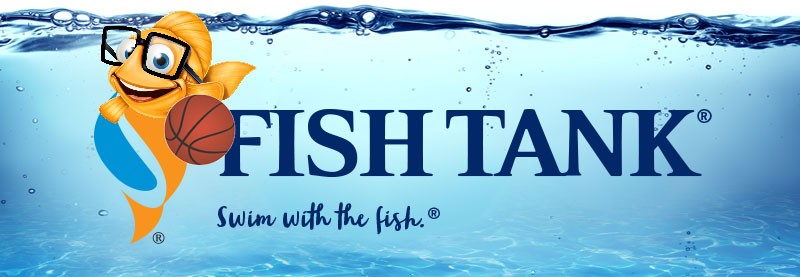
Trade-MARK MADNESS
By Norman K. Freda
The NCAA lost over $800 million in 2020 when it canceled the tournament due to the COVID-19 pandemic. In 2021, the NCAA rebounded by bringing in $1.16 billion, nearly 90% (or around $1 billion) of which came from the NCAA tournament alone. With that kind of money on the line, it’s no wonder bars, restaurants, apparel retailers, media corporations, sports books, and everyone in-between—including urologists whose demand for vasectomies rises 30% during the first weekend of the tournament—will dive on the floor to seize this opportunity to increase revenue as fans gear up, go out, and become enthralled with the NCAA tournament.
As valuable as March Madness is for these ancillary businesses, using the phrase March Madness can yield April Sadness. The NCAA has registered many trademarks associated with the NCAA tournament, including MARCH MADNESS, ELITE EIGHT, FINAL FOUR, THE BIG DANCE, SELECTION SUNDAY, MARCH MAYHEM, SPRING MADNESS, MIDNIGHT MADNESS, MUNCH MADNESS, FIRST FOUR, and more. The NCAA is notorious for aggressively protecting and enforcing its trademark rights; it has sued an online fantasy games maker for using APRIL MADNESS and FINAL 3, a car dealership for using MARKDOWN MADNESS, and a urology practice for using VASECTOMY MADNESS and VASECTOMY MAYHEM. The NCAA even went up against the Big Ten Conference—a collegiate athletic conference comprised of NCAA member universities and NCAA tourney regulars—opposing the Big Ten’s federal trademark application for the mark MARCH IS ON! that the Big Ten had been using for seven years.
If you are looking to capitalize on the NCAA tournament, make sure to draw up your promotional play with a trademark attorney beforehand. The NCAA has shown it is quick to blow the whistle and call a foul when it comes to its trademarks for its most lucrative assets.
Norman K. Freda is an attorney at Fishman Stewart and practices in the fields of patent, trademark, copyright law, and litigation. He holds a BS degree in Applied Engineering Sciences from Michigan State University. Check out his bio.
Related Content from Fishman Stewart
In February, Nike and Skims announced that they will be working together on a new brand, NikeSkims. The co-brand will create a new line of training apparel, footwear, and accessories specifically designed to meet the unique needs of women athletes.
Generally, federal courts have exclusive jurisdiction over copyright cases, and often, this presents an insurmountable paywall for individual artists and small businesses to vindicate their rights, especially where the value of the individual copyrighted works are relatively low.
Dedicated to raising public awareness about the importance of encouraging innovation and creativity throughout the world, the World Intellectual Property Organization (WIPO) annually observes World Intellectual Property Day on April 26 to showcase the role that patents, trademarks, industrial designs, copyrights and trade secrets play in our everyday lives.
Hold onto your foam fingers, sports fans – college sports just got a whole lot more interesting! The latest updates to Name, Image, and Likeness (NIL) rules are making student-athletes bigger than ever, and it’s not just about the game anymore.
Did a federal court in Louisiana recently decide that US copyrights are global rights? It seems so.
L.A.B. Golf aims to protect its innovations, and therefore its market position, owning three patents for its zero-torque design. The question now is whether L.A.B. Golf can withstand the wave of copycat designs.
One of his most famous songs, “Lose Yourself” was recently at the center of a lawsuit. In 2019, Eminem’s publishing company Eight Mile Style sued Spotify claiming that Spotify streamed a number of its musical compositions without proper licenses.
Our latest article tackles three common trademark questions: 1. Can I trademark my own name? 2. Can I trademark the name of a fictional character? 3. Can I trademark the name of a U.S. president or British royal?
One of the most common challenges is whether AI should be free to train on data that is protected by copyright and owned by third parties without first obtaining permission.
Like the titles of single creative works, character names do not generate trademark rights unless used for a series of creative works (meaning two or more). A year ago, Jane Wick, LLC filed a trademark application for the mark JANE WICK in logo format.
IDENTIFYING, SECURING AND ADVANCING CREATIVITY®


